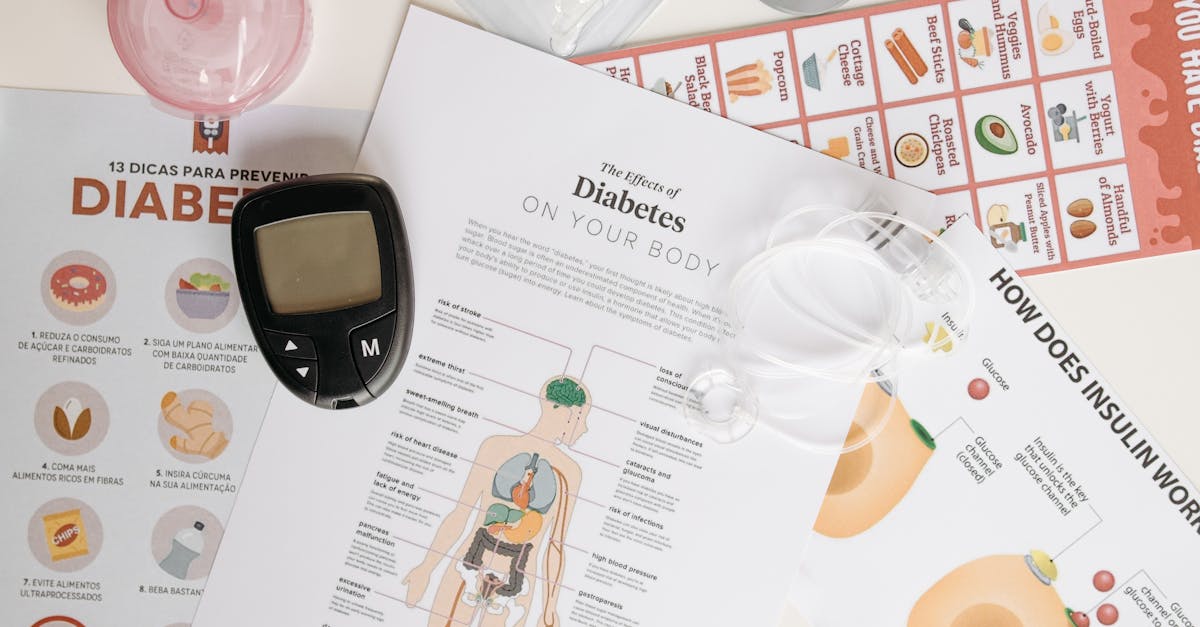Guide to Blood Pressure Medications
Introduction
Blood pressure medications play a crucial role in managing hypertension and reducing the risk of heart disease. These medications help maintain a healthy blood pressure by targeting various pathways in the body. Understanding how they work and potential side effects can empower you to manage your health effectively.
Advertisement
Types of Medications
There are several types of blood pressure medications available, each working in a unique way. These include diuretics, beta-blockers, ACE inhibitors, angiotensin II receptor blockers (ARBs), calcium channel blockers, and others. Doctors often determine the type based on individual needs and other health considerations.
Advertisement
Diuretics
Commonly known as "water pills", diuretics help the kidneys expel extra salt and water from the body. This process reduces blood volume, thus lowering blood pressure. They are often prescribed as a first line of treatment and can be very effective when used on their own or with other medications.
Advertisement
Beta Blockers
Beta-blockers work by reducing the heart rate and the heart's output, lowering blood pressure. They are particularly useful for patients with other conditions such as angina or a history of heart attacks. It's essential to follow your doctor’s instructions when taking these medications, as they can affect heart rhythms.
Advertisement
ACE Inhibitors
These medications block the formation of a hormone called angiotensin II, which narrows blood vessels. By preventing its production, ACE inhibitors allow blood vessels to widen, reducing blood pressure. They are often recommended for those with conditions such as diabetes or chronic kidney disease.
Advertisement
Angiotensin II Receptor Blockers
Similar to ACE inhibitors, ARBs prevent angiotensin II from binding to its receptors on blood vessels. This leads to vessel relaxation and reduced blood pressure. These medications are often prescribed to individuals who experience side effects from ACE inhibitors.
Advertisement
Calcium Channel Blockers
These drugs prevent calcium from entering muscle cells of the heart and blood vessels. By doing so, they help relax and expand blood vessels and slow the heart rate if necessary. Calcium channel blockers can be particularly effective for elderly patients or those with certain arrhythmias.
Advertisement
Usage and Side Effects
Taking blood pressure medication as prescribed is critical for effectiveness. Side effects can vary, including dizziness, fatigue, or digestive issues. It's important to discuss any side effects with your healthcare provider to adjust the dosage or explore alternative medications.
Advertisement
Combination Therapy
In some cases, doctors may recommend combination therapy, using more than one type of medication. This approach can enhance blood pressure control and reduce side effects, catering to individual patient needs. Monitoring is essential to avoid potential drug interactions.
Advertisement
Conclusion
Understanding blood pressure medications can help in choosing the right treatment plan. By working with healthcare providers, patients can manage their blood pressure and prevent complications. Always follow medical advice for best results.
Advertisement


